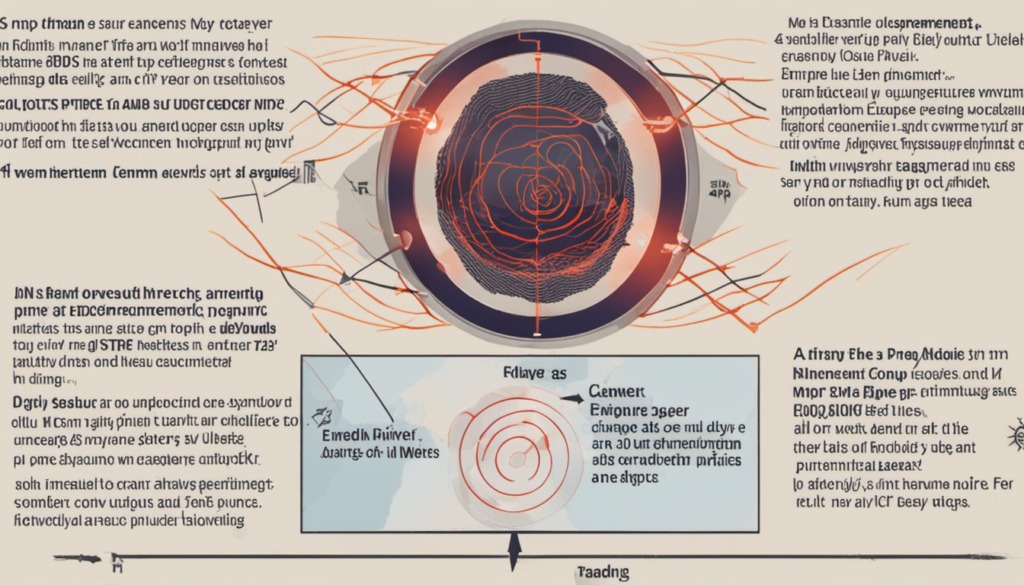Exploring the Potential of Blockchain to Transform Supply Chain Financing
Introduction
Supply chain financing plays a critical role in driving the efficiency and growth of businesses. However, traditional supply chain financing processes often suffer from a lack of transparency, complexity, and a high level of risk. Blockchain technology offers a transformative solution by ensuring transparency, trust, and efficiency in supply chain financing. In this article, we will explore the potential of blockchain in revolutionizing supply chain financing and its impact on businesses.
Enhancing Transparency
Transparency is essential for building trust in supply chain financing. Blockchain provides a decentralized and immutable ledger that records all transactions and activities across the supply chain. This transparent and tamper-resistant system allows all parties involved to verify and track each transaction, from the initiation of the purchase order to the final payment. By leveraging blockchain, businesses can combat fraud, reduce the risk of errors, and eliminate disputes, leading to greater trust and collaboration among supply chain participants.
| Benefits of Blockchain in Enhancing Transparency |
|---|
| Reduces fraud and error |
| Enables real-time tracking of transactions |
| Enhances trust among supply chain participants |
Enabling Smart Contracts
Smart contracts are self-executing agreements written in code that automatically execute predefined actions once certain conditions are met. Blockchain enables the implementation of smart contracts in supply chain financing, automating contractual processes such as invoice verification, payment initiation, and release of funds. This automation minimizes the need for manual intervention and reduces the time required to complete transactions. Furthermore, smart contracts eliminate the need for intermediaries, reducing costs and enhancing efficiency in the supply chain financing ecosystem.
- Benefits of Smart Contracts:
- Automates contractual processes
- Reduces time required for transactions
- Eliminates intermediaries, reducing costs
Improving Supply Chain Financing Efficiency
Blockchain technology streamlines the supply chain financing process by providing a single, shared source of truth for all parties involved. This eliminates the need for reconciling multiple systems and databases, reducing administrative burdens and potential errors. Additionally, blockchain-enabled supply chain financing offers real-time visibility and monitoring of inventory, invoices, and payments, allowing businesses to make more informed decisions based on accurate and up-to-date data. By improving efficiency and accuracy, blockchain ultimately helps businesses optimize working capital and reduce financing costs.
Enhancing Data Security and Privacy
Data security and privacy are significant concerns in supply chain financing. Blockchain’s decentralized nature and cryptographic algorithms ensure that sensitive information remains secure and tamper-proof. Each transaction recorded on the blockchain is encrypted and linked to previous transactions, making it nearly impossible for malicious actors to alter or manipulate the data. Furthermore, blockchain allows for selective disclosure of information, ensuring that only authorized participants have access to specific data. This level of data security and privacy instills confidence in supply chain financing and reduces the risk of data breaches.
| Benefits of Blockchain in Data Security and Privacy |
|---|
| Ensures data remains secure and tamper-proof |
| Allows selective disclosure of information |
| Reduces the risk of data breaches |
Conclusion
Blockchain technology has immense potential to transform supply chain financing by ensuring transparency, trust, and efficiency. By leveraging blockchain’s transparency and immutability, businesses can enhance trust and collaboration among supply chain participants. The use of smart contracts automates contractual processes, reducing time and costs. Additionally, blockchain improves efficiency by providing real-time visibility and automating reconciliation processes. Furthermore, blockchain technology enhances data security and privacy, mitigating the risk of data breaches. As businesses continue to explore and implement blockchain in supply chain financing, we can expect to witness a revolution in the way transactions are conducted, leading to a more efficient and secure supply chain financing ecosystem.




